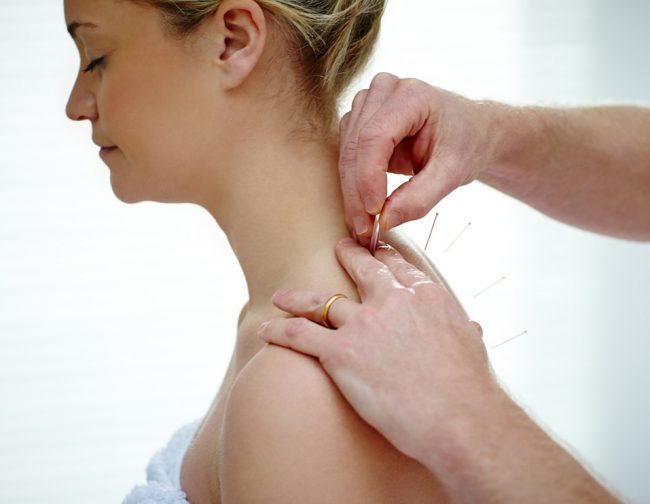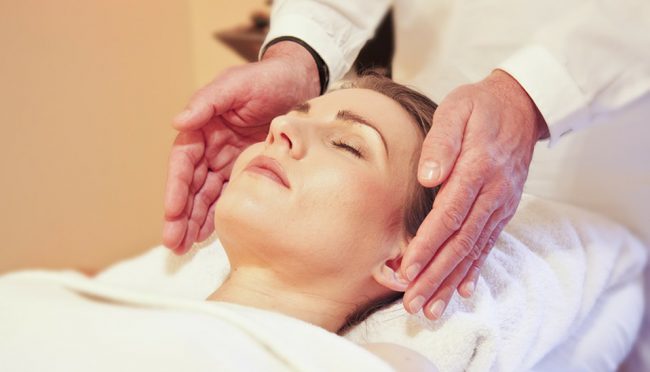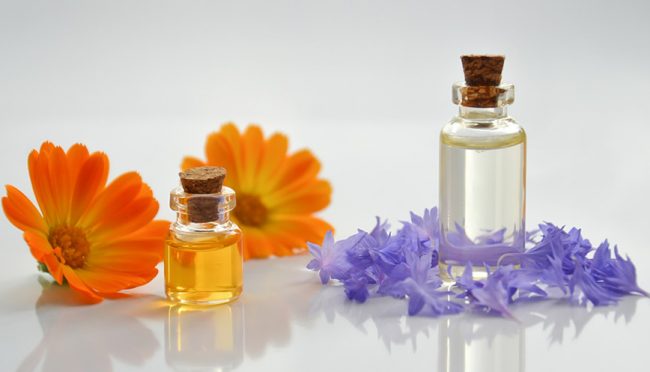How We Can Help You
Holistic Approaches
Complementary therapists are the third most commonly involved people in initial treatment, falling behind GP’s & other hospital doctors (Pheby, P65) with 17% of people seeing them for initial treatment. Oftentimes, this is due to medical professionals being unable to provide much in the way of symptom management, forcing many people to seek out alternative approaches. Large numbers of people do find some degree of help from complementary therapists oftentimes more help than they get from psychiatrists or physiotherapists (Pheby, P.66).
As applies to all holistic approaches, ensure that the therapist is trained, consult your doctor first and avoid anyone selling you a cure.
There are perhaps dozens of alternative and complimentary approaches to treating M.E with vary degrees of benefit for the individual and below is some information on the options that you may already be considering. We would strongly advice everyone, regardless of what alternative or complimentary approaches are being considered to ensure that your therapist has some understanding of M.E, is reputable (recommendations from other people with M.E should be sought after) and most importantly, avoid anyone who claims to be able to cure your M.E.
ACUPUNCTURE
Acupuncture Is a form of alternative medicine in which thin needles are inserted into the body. It is a key component of traditional Chinese medicine. It seems to be most effective for lower back pain, with one study concluding that there was “some evidence to support acupuncture as more effective than no treatment, but no conclusions can be drawn about its effectiveness over other treatment modalities as the evidence is conflicting” (Hutchinson). Dr Shepard states that “acupuncture . . . may be worth trying if a person has faith in them and can find a reputable practitioner” (Shepherd, P.86).
The only patient survey we are aware off examining the usefulness of acupuncture as a treatment for M.E, found that around 40% found it “useful” only 10% found it harmful (with the rest feeling no effect) (Shepherd, P.294). There are however side effects that have been reported, this includes “fainting during treatment, vomiting and increased pain” (Shepherd, P.255) theses all tend to be minor and relatively brief.

Serious but very uncommon side effects include receiving infection via dirty needles and a punctured lung (Norheim, A. J.).
Massage
Getting a massage by a professional can be a very relaxing experience, with around half of respondents to one patient survey finding some improvement from it (MEA, P.10) and another suggesting that 64% of patients found it helpful (Shepherd, P.294). However, “the emphasis should be on . . .soothing and relaxing rather than on trying to massage away muscle pain” and that “a much lighter touch is needed for M.E” (Macintyre, P245). Combined with aromatherapy it can be an effective treatment for many.
Aromatherapy
Itself can be a very soothing and relaxing experience for anyone with M.E, aromatherapy uses highly concentrated plant oils which are massaged into the skin, inhaled or added to a bath. Over half of people with M.E found it to be a beneficial therapy (Shepherd, P.260) and ranks among the less harmful therapy options, so even if it does not help you, there is little downside.
The only concern than should be taken into consideration is that allergic reactions are possible, so ensure that all oils are diluted properly before use.
Osteopathy and Chiropractic
Many people with M.E have back pain and consider the services of an Osteopath or Chiropractic. Patient surveys show that around half find some improvement but 16% were made worse after treatment. Some general advice that is given is that if you are having back pain then “it’s very advisable” to talk to your GP first (Shepherd, P.288). Additionally, it may not be advisable for someone young or old to try due to lacking proper done density.
While the NHS in England, as well as some other countries consider there to be “good” evidence for osteopathy as a treatment for low back pain and “limited evidence to suggest it may be effective for some types of neck, shoulder or lower limb pain and recovery after hip or knee operations”, there is no evidence that osteopathy is effective as a treatment for health conditions “unrelated” to the bones and muscles, “such as headaches, migraines, painful periods, digestive disorders, depression and excessive crying in babies (colic)”. (NHS.uk)
Note: in the UK, osteopathy is a health profession regulated by UK law, while chiropractics are not. Any chiropractic with “Dr” in front of their name is not necessarily a medical doctor.
Mediation
Is another therapy with very few negative consequences, with only 2% reporting any negative side effects and over half finding some/great benefit (MEA, P.10) so it may be worth trying. There are many different types of meditation such as Christian meditation and Zen meditation, but the type that seems to be most popular among people with M.E is Transcendental Meditation. Once the technique is taught by a therapist it should be carried out on a daily basis to feel any effects.


Homeopathy
Homeopathic remedies perform no better than placebos (S&TC), however the placebo effect can be very powerful for many people so, again it may be worth trying if you are open minded enough to think that it may work. Around 30% of respondents did get some benefit from this therapy with just over 10% being made worse.
References:
Shepherd, C. Chaudhuri, A in “ME/CFS/PVFS An Exploration of the Key Clinical Issues” (2017 ed) Key Cross Media, Unit 13, Wainman Road, Woodston, Peterborough PE2 7BU
Shepherd, C. “Living with M.E. the chronic/post-viral fatigue syndrome” (1998 ed) Ebury Press, Random House, 20 Vauxhall Bridge Road, London SW1V 2SA
https://josr-online.biomedcentral.com/articles/10.1186/1749-799X-7-36
Norheim, A. J & Fonnebo, V., “Adverse effects of acuncture” lancet, 1995, 345, 1576
https://www.nhs.uk/conditions/osteopathy/
https://publications.parliament.uk/pa/cm200910/cmselect/cmsctech/45/4502.htm
Pheby, D & Saffron, L. “Risk factors for severe ME/CFS” (2009) Buckinghamshire New University, and National ME Observatory, Harnham, Salisbury, Wilts, UK, Bristol
